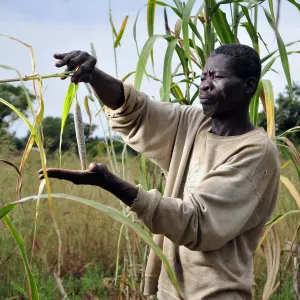Why Behavioral Science Holds the Key to Advancing Sustainable Farming Practices
Behavioral science experts are exploring how farmers’ decisions globally impact sustainable farming, revealing that understanding human behavior – not just technology – is crucial to driving lasting change in agriculture. Behavioral science is the systematic study of human actions and decision-making processes. In agriculture, it seeks to understand how farmers’ decisions are influenced by a range of internal and

Why Behavioral Science Holds the Key to Advancing Sustainable Farming Practices
Behavioral science experts are exploring how farmers’ decisions globally impact sustainable farming, revealing that understanding human behavior – not just technology – is crucial to driving lasting change in agriculture.
Behavioral science is the systematic study of human actions and decision-making processes. In agriculture, it seeks to understand how farmers’ decisions are influenced by a range of internal and external factors. Behavioral scientists draw and integrate insights from multiple disciplines—including psychology, sociology, economics, information systems, anthropology and others—to understand why people behave the way they do and how their behaviors can be influenced or changed.
As global efforts to promote sustainable agriculture intensify, understanding the human behaviors that drive or hinder adoption of sustainable practices has become increasingly important. Behavioral science offers essential insights into these dynamics.

